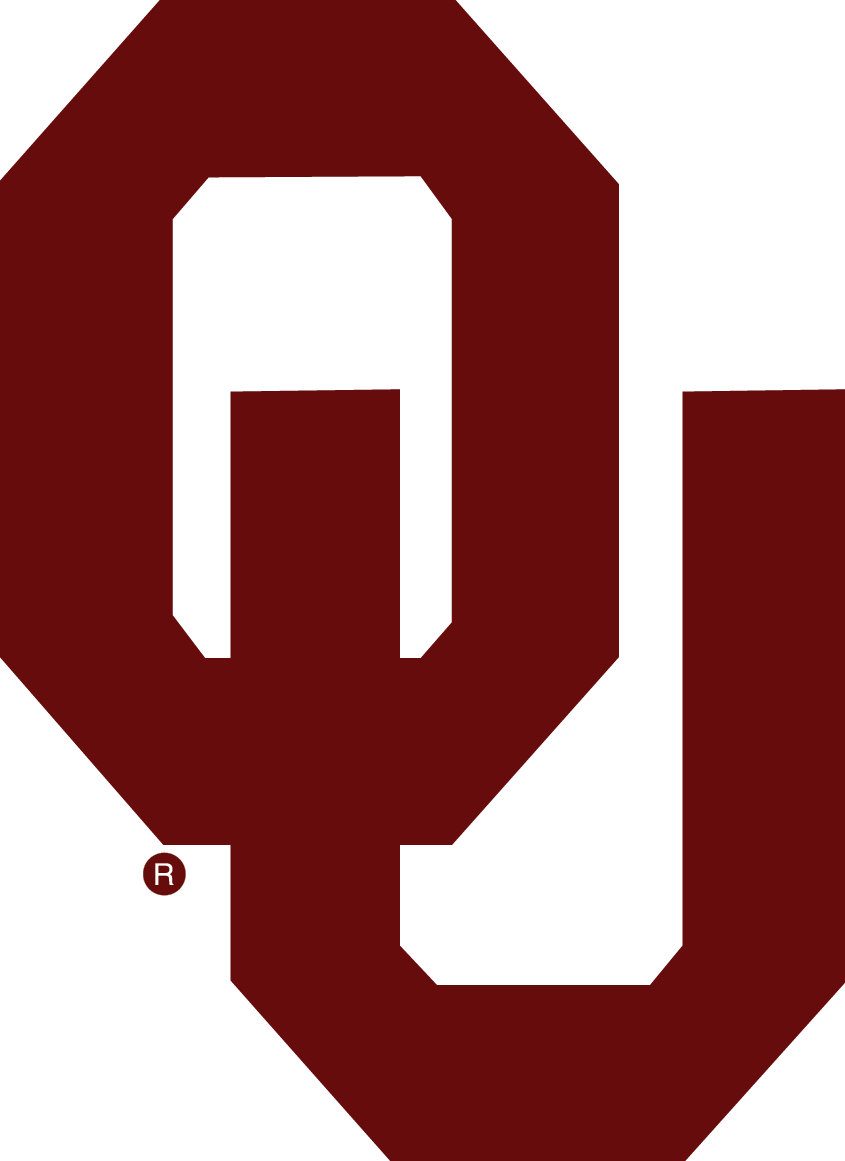Clinics require that students submit certain documents for hospital/ clinic compliance to work with patients. The documentation is submitted through a tracking system used by the College of Allied Health. These documents may include; CPR certification, medical insurance coverage, complete immunization records, drug test results, criminal background check, completion of OUHSC online HIPAA (Privacy and Security) training, and completion of OUHSC online Environmental Health and Safety (Blood Borne Pathogens, Tuberculosis, Fire Safety, and General Safety/Hazard Communication) trainings. Students will be asked to submit proof of renewal as outlined below;
CPR certification must be obtained through the American Heart Association or the American Red Cross Basic Life Support for the Healthcare Professional course. Students must be recertified prior to expiration of their current card and provide proof of updated certification through the electronic tracking system.
Medical insurance coverage must be current and maintained throughout the entire program. Students not enrolled in the University Academic Health Plan must submit a request for a waiver prior to each semester demonstrating alternative coverage.
Students are required to keep their immunizations, CPR certification, drug screen, and background check current throughout the enrolled semesters. Students will receive a reminder through the electronic tracking system of items expiring, but students are responsible for meeting these requirements whether they receive this reminder or not.
To accommodate time constraints, up to 2 hours of clinic time per semester may be used for the purpose of fulfilling these immunization compliance requirements. If additional time is required, it must be made up before the end of the semester by following proper procedure for make-up time.
Students will receive a Zerograde and be suspended from clinic activities if the required immunizations or other Complio requirements are not completed and submitted before the deadline. There will also be a hold placed on enrollment per College of Allied Health policy.
Students should use the tracking system to retrieve and print additional copies of the uploaded items. Students must take their immunization records, CPR card, medical insurance card, drug test, background check report, Environmental Health and Safety training and HIPAA training documentation with them to clinic for review by the clinic affiliate. The Complio system uses the ‘passport’ button to allow users to review, save, and print their records.

